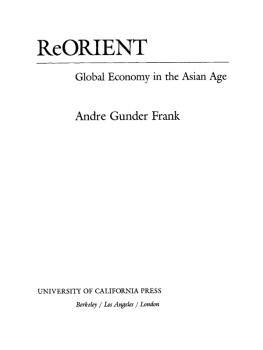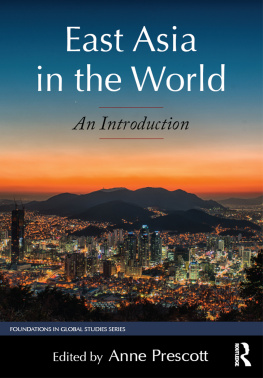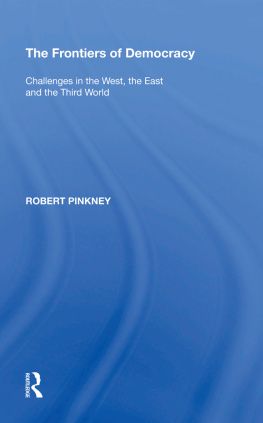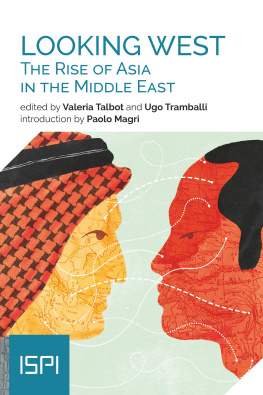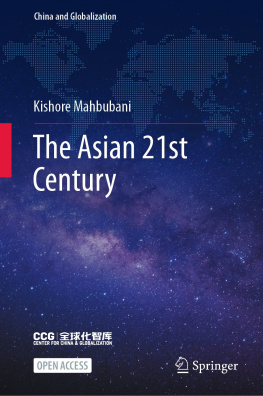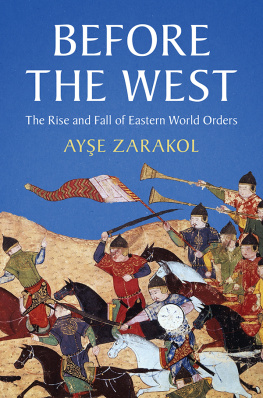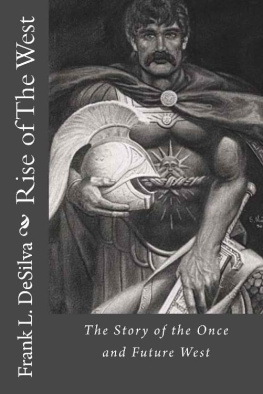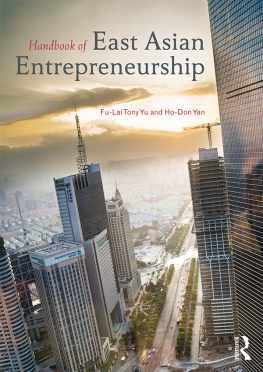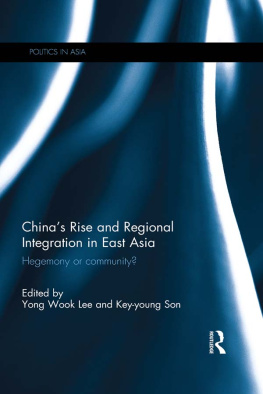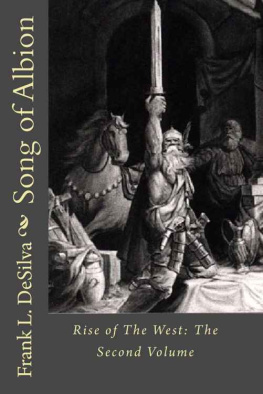CHAPTER 1
Introduction to Real
World History vs.
Eurocentric Social Theory
The really important lesson to be learned from Marx and Weber is the importance of history for the understanding of society. Though they were certainly interested in grasping the general and universal, they concerned themselves with the concrete circumstances of specific periods, and the similarities and contrasts of diverse geographical areas. They clearly recognized that an adequate explanation of social facts requires a historical account of how the facts came to be; they recognized that comparative-historical analysis is indispensable for the study of stability and change. In a word, it is these two extraordinary thinkers in particular, who stand out as the architects of a historical sociology well worth emulating; for both of them subscribed to an open, historically grounded theory and method.
Irving Zeitlin (1994: 220)
The expectation of universality, however sincerely pursued, has not been fulfilled thus far in the historical development of the social sciences. It is hardly surprising that the social sciences that were constructed in Europe and North America in the nineteenth century were Eurocentric. The European world of the time felt itself culturally triumphant. Every universalism sets off responses to itself, and these responses are in some sense determined by the nature of the reigning universalism(s). Submitting our theoretical premises to inspection for hidden unjustified a priori assumptions is apriority for the social sciences today.
Immanuel Wallerstein (1996b: 49, 51, 60, 56)
Holistic Methodology and Objectives
My thesis is that there is unity in diversity. However, we can neither understand not appreciate the world's diversity without perceiving how unity itself generates and continually changes diversity. We all have to live in this one world in which diversity must be tolerated and could be appreciated in unity. Of course, I refer to toleration and appreciation of diversity in ethnicity, gender, culture, taste, politics, and color or race. I do not advocate acceptance of inequality in gender, wealth, income, and power without struggle. Therefore, we could all benefit from a world perspective that illuminates not only the subjective immorality but also the objective absurdity of ethnic cleansing and clash of civilizations, which once again have become popular in some circles today. This book proposes to offer at least some basis in early modern world economic history for a more humanocentric perspective and understanding.
The European but exceptionally worldly historian Fernand Braudel remarked that Europe invented historians and then made good use of them to promote their own interests at home and elsewhere in the world (Braudel 1992: 134). This statement is revealing in several important ways. First, it is not really true that the writing of history was invented by Europeans, not even by Herodotus and Thucydides. History had also been written by the Chinese, Persians, and others. Moreover, Herodotus himself insisted that Europe has no independent existence, since it is only a part of Eurasia, which has no real internal boundaries of its own. Perhaps Braudel had in mind a generation of historians who wrote long after Herodotus. Yet even they invented Eurocentric history long after Arab historians, chroniclers, and world travelers of such fame as Ibn Batuta, Ibn Khaldun, and Rashid-al-Din, who had already written Afro-Eurasian world history which was much less Arab- or Islamocentric.
Indeed, Europeans seem to have invented geography as well, for Eurasia itself is a Eurocentric denomination, albeit one invented on a distant marginal peninsula of that land mass. Before his untimely death in 1968, Marshall Hodgson (1993) denounced maps drawn according to the Mercator projection, which makes little Britain appear about as large as India; and J. M. Blaut (1993b) has shown how Eurocentric the mapping of the march of history has been. Martin Lewis and Karen Wigen (1997) refer to The Myth of Continents. One example is that against all geographical reality Europeans insist on elevating their peninsula to a continent while the much more numerous Indians have but a subcontinent and the Chinese at best a country. The relevant geographical and historical unit is really Afro-Eurasia. However, that could more appropriately be called Afrasia, as Arnold Toynbee suggested and the former president of the World History Association Ross Dunn recently recalled. Even this syllabic order still fails to reflect the real orders of geographical and demographic magnitude and historical importance of these two continents. Europe, of course, is none of the above.
Latter-day historians, it is true, have preponderantly gazed at their own European navel. That might be excused or at least explained by the social, cultural, political, and economic support they have received to do so. After all, historians received much support to write national histories in ideological support of European and American nationstates and to serve the ideological, political, and economic interests of their ruling classes. However, these historians also went beyond the confines of their own nations, to claim that Europe or the West was and is the navel (indeed also the heart and soul) of the rest of the world. If they gave any credit to anyone else, it was only grudgingly with a history that, like the Orient Express on the westward bound track only, ran through a sort of tunnel of time from the ancient Egyptians and Mesopotamians, to the classical Greeks and Romans, through medieval (western) Europe, to modern times. Persians, Turks, Arabs, Indians, and Chinese received at best polite, and often not so polite, bows. Other peoples like Africans, Japanese, Southeast Asians, and Central Asians received no mention as contributors to or even participants in history at all, except as barbarian nomadic hordes who periodically emerged out of Central Asia to make war on civilized settled peoples. From among literally countless examples, I will cite the preface of one: The Foundations of the West is an historical study of the West from its beginnings in the ancient Near East to the world [sic!] of the mid-seventeenth century (Fishwick, Wilkinson, and Cairns 1963: ix).
Modern history, both early and late, was made by Europeans, who built a world around Europe, as historians know, according to Braudel. That is indeed the knowledge of the European historians who themselves invented history and then put it to good use. There is not even an inkling of suspicion that it may have been the other way around, that maybe it was the world that made Europe. Yet that is what I propose to demonstrate, or at least to begin to show, in this book.
This book sets itself a number of tasks. They are at once far-reaching and still very limited. The tasks are far-reaching in that I seek to challenge the Eurocentric historiography on which much of received classical and modern social theory is based. The intentionally set limits are even greater: Iand I hope the readerwill be satisfied with the bare outlines of an alternative rendition of the world economy between 1400 and 1800. It offers a basis for a now only very preliminarybut later hopefully deeper and widerstructural, functional, dynamic, and transformational global analysis and theory of the single world political economy and social system in which we all (have to) live together.
Quite possibly the limitations of this book are even greater than the ones I have set intentionally and so will prevent me from reaching even this limited goal. However, it is already exceptional even to attempt a review of the early modern global world economy and its structural characteristics in order to inquire how they impinge on its sectoral and regional parts. Most of the historical development of this world economy and its parts may receive shorter shrift than it requires and deserves. The attempt is not so much to write a world history of this period, nor even an economic history, which is beyond my present capabilities, as to offer a global perspective on early modern economic history. Although historical evidence is important, I seek less to challenge received evidence with new evidence than to confront the received Eurocentric paradigms with a more humanocentric global paradigm.
Next page
